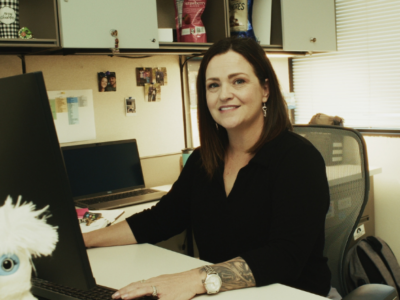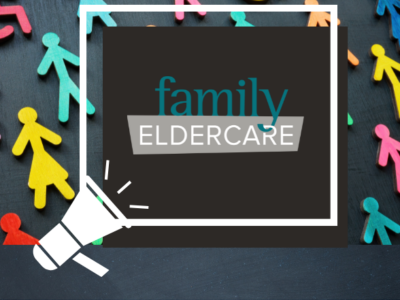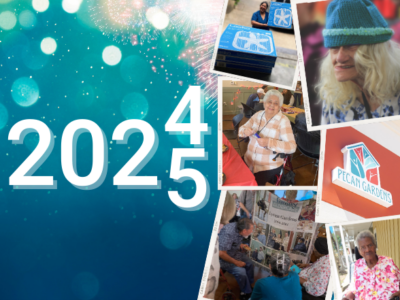As people age or face disabilities, they can become increasingly vulnerable to neglect, abuse, or exploitation. For many elderly and disabled individuals, their ability to make informed decisions about their health, finances, and personal well-being may be compromised due to physical or cognitive impairments. In these situations, having someone who can advocate for their rights and interests is crucial. Guardianship plays a vital role in ensuring that vulnerable adults receive the care, protection, and support they need.
This article explores the role of guardianship in advocating for the elderly and disabled, how guardianship can protect their rights, and the responsibilities of a guardian in advocating for the best interests of these individuals.
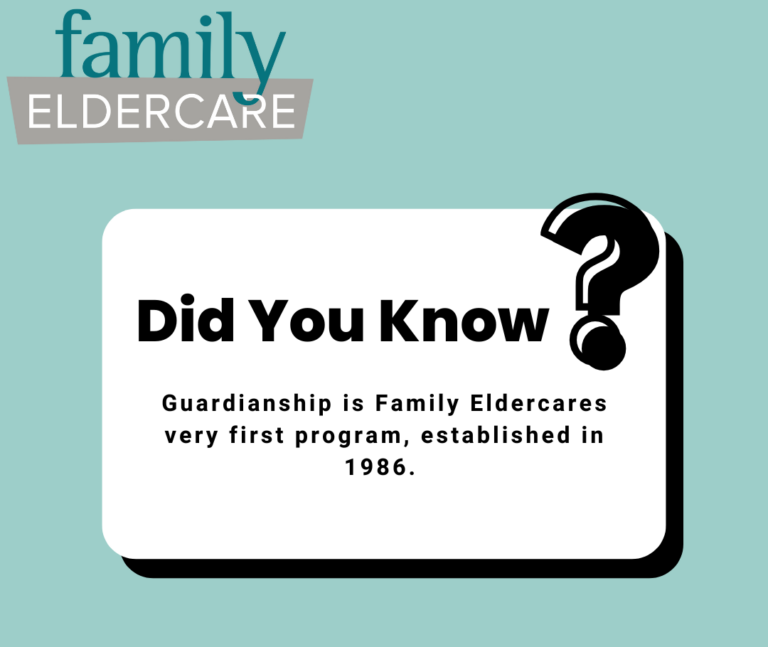
Understanding the Need for Advocacy
As individuals age or face increasing disabilities, they may become targets for abuse, neglect, or financial exploitation. According to the National Council on Aging, as many as one in ten older Americans have experienced some form of elder abuse, and it is believed that many more cases go unreported.
For adults with cognitive impairments such as Alzheimer’s disease or intellectual disabilities, navigating the complex world of healthcare, legal systems, and finances can be overwhelming. Additionally, some may be unable to communicate their needs effectively, leaving them at risk of falling through the cracks in the social support system. Advocacy—either through guardianship or other forms of legal representation—ensures that vulnerable adults have someone who can make decisions in their best interest and protect them from harm.
What Is Guardianship?
Guardianship is a legal process in which a court appoints a guardian to manage the personal, medical, or financial affairs of an individual who has been deemed unable to do so independently. In this arrangement, the individual (known as the ward) may lose some or all of their legal rights, depending on the scope of the guardianship. The guardian, who is typically a family member, friend, or court-appointed professional, assumes responsibility for making decisions that align with the ward’s best interests.
Guardianship is generally considered a last resort, used when no other alternatives (such as power of attorney or advance directives) are in place. It is a necessary measure when an individual cannot make informed decisions or protect themselves due to mental incapacity, serious physical disability, or other vulnerabilities.
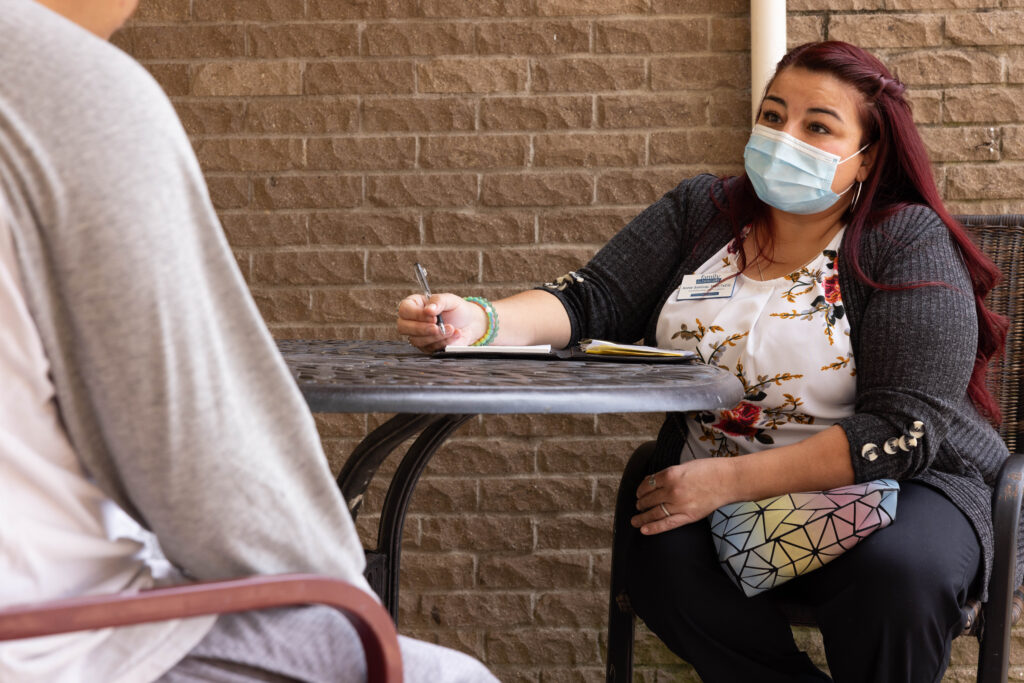
The Role of Guardianship in Protecting Vulnerable Adults
1. Preventing Abuse and Exploitation
Guardianship plays a key role in protecting vulnerable adults from abuse and exploitation. Guardians can prevent situations in which older adults or disabled individuals might be manipulated or taken advantage of. This includes preventing financial abuse, such as someone stealing or mismanaging the ward’s assets, or physical abuse, where the individual may be subject to neglect or harm by caregivers or others. Guardians are legally obligated to act in the ward’s best interest and report any signs of abuse to the proper authorities.
For example, a guardian may be appointed to manage an elderly person’s finances, ensuring that their bills are paid, and their assets are protected from unscrupulous individuals. Similarly, a guardian can help protect a disabled individual from being placed in unsafe living conditions by ensuring they receive proper medical care and live in a supportive environment.
2. Managing Healthcare Decisions
For individuals who are no longer able to make informed healthcare decisions, guardianship ensures that someone is responsible for making critical medical choices. This can include decisions about medical treatments, surgeries, end-of-life care, and long-term care arrangements.
A guardian must consult with medical professionals and often with family members to ensure that the care provided aligns with the individual’s wishes, if known, and best interests. This responsibility helps prevent situations where individuals might otherwise receive inappropriate or unwanted care.
3. Ensuring Financial Stability
Financial exploitation is one of the most common forms of abuse that older adults face. A guardian with financial authority ensures that the ward’s income, savings, and assets are properly managed. They handle paying bills, managing investments, and ensuring the ward’s funds are used to meet their needs.
For example, a guardian can help prevent an elderly person from being scammed out of their savings or from being manipulated into making unsound financial decisions. In cases where a vulnerable individual has already fallen victim to financial exploitation, the guardian can work with legal professionals to recover lost assets.
4. Providing Personal Advocacy
In addition to managing finances and healthcare, guardians act as personal advocates for the individual. This includes ensuring that the ward has access to safe housing, appropriate medical care, and community resources. Guardians may also coordinate transportation, social activities, and other services that improve the ward’s quality of life.
For vulnerable adults, particularly those without close family, guardianship provides the vital advocacy they need to navigate complex systems like healthcare, housing, and social services. A guardian can ensure that an individual’s personal preferences are respected and that they maintain as much independence and dignity as possible, despite their limitations.
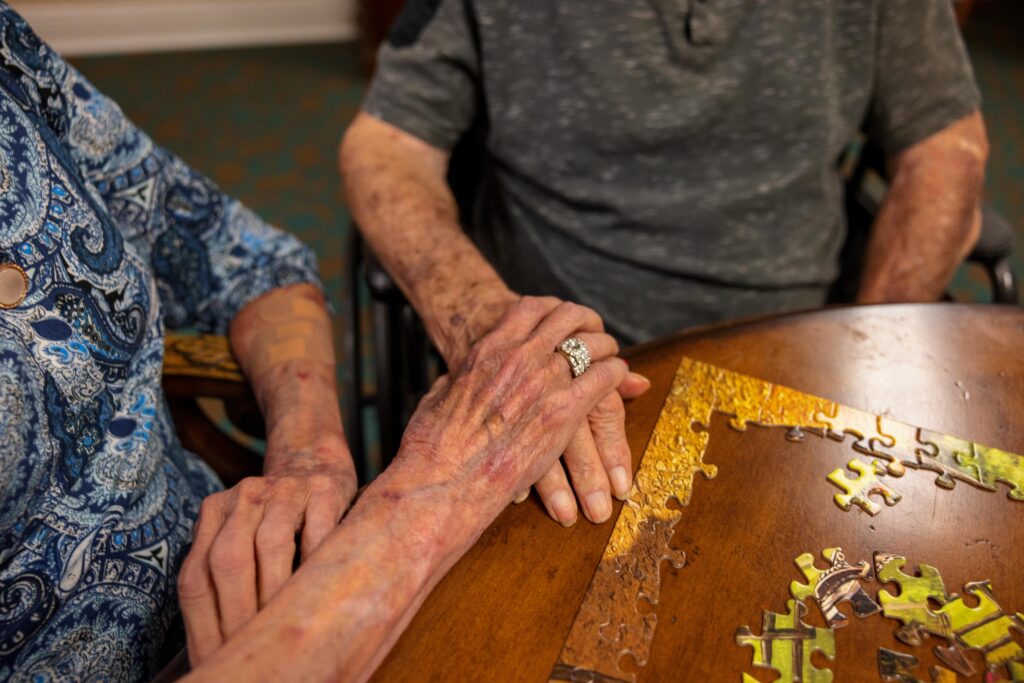
The Responsibilities of a Guardian
Guardians have a legal responsibility to act in the best interest of the ward, and they are accountable to the court. This includes regularly reporting on the ward’s well-being and financial status. If a guardian is suspected of mismanaging the ward’s affairs or acting against their best interests, the court can intervene to appoint a new guardian or take other corrective measures.
Additionally, guardians are encouraged to involve the ward in decision-making whenever possible, preserving as much autonomy as the individual is capable of managing. This ensures that the ward’s rights are respected, and they remain an active participant in their own life decisions.
Conclusion
Guardianship is a critical tool for advocating for vulnerable adults who cannot protect themselves due to age, disability, or illness. Through guardianship, older adults and disabled individuals can have their rights, health, and finances safeguarded by a responsible advocate. For those seeking to learn more about guardianship and how it can protect vulnerable individuals, Family Eldercare offers comprehensive guardianship services to ensure that the elderly and disabled in Austin receive the care and protection they need.
For more information, visit Family Eldercare’s Guardianship Program.
